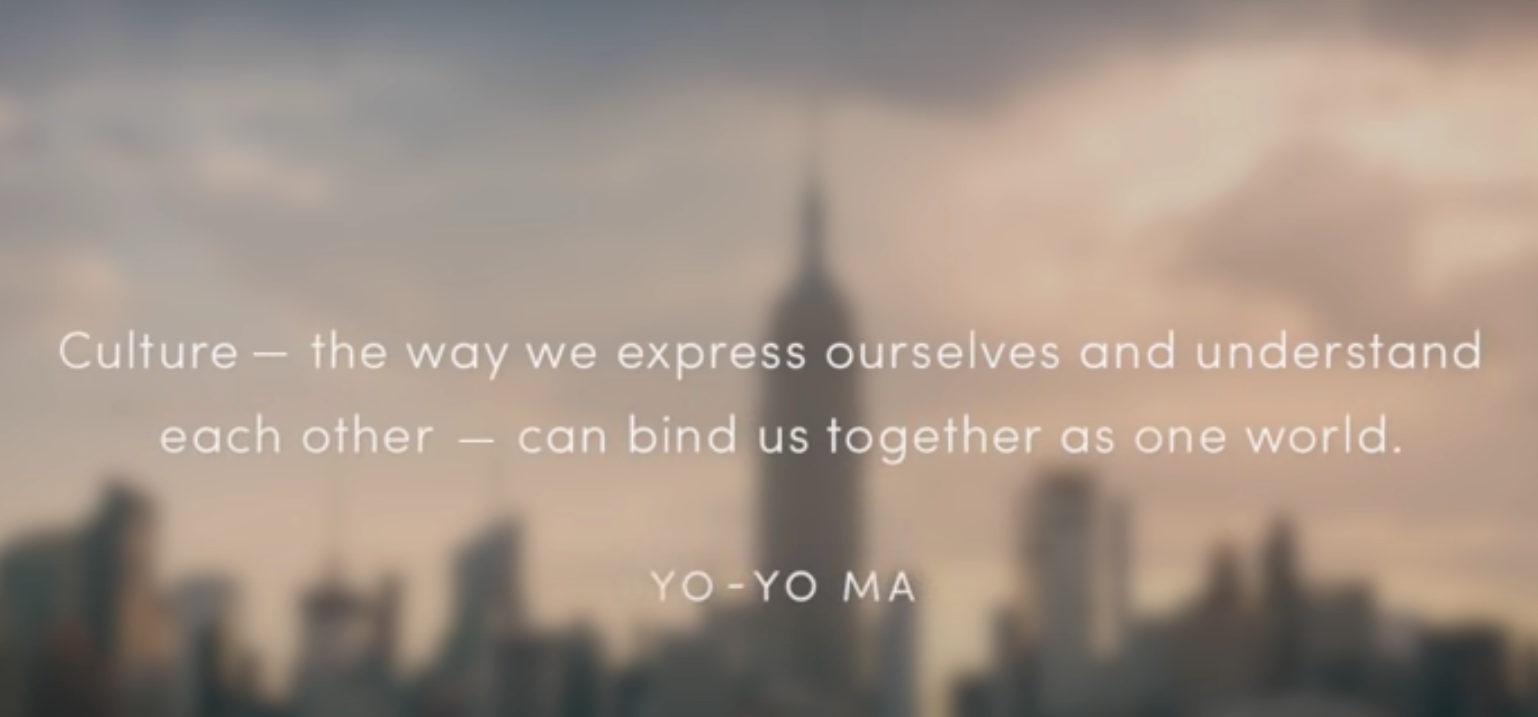
Illustration by Bráulio Amado
New York Times Magazine published an interview with Yo-Yo-Ma on November 29th, 2020. Yo-Yo Ma and the meaning of life. By David Marchese
Q: People have drawn so much from Bach’s Cello Suites this year. Those pieces were originally composed as study exercises., and yet they’ve become these icons of catharsis. What is their magic?
Yo-Yo Ma: A couple of things:
Bach wrote the Cello Suites in the only time that he was not in the service of the church. It’s something like 1720 to ’22. This was a time when he didn’t have to write cantatas for Sundays. He could experiment further.
So, the way I look at the Suites – and this is a roundabout way of getting to your questions: “hey, I play a lot of instruments, I play the organ, I play the piano, I play the oboe and there is the cello. I am going to figure out what I can do with the cello. He says: I am going to learn everything about the instrument.” He writes the first suite, second, third suites. What does he discover? “Wow, I now know exactly how the cello functions”.
Then he says, “Now because I have an experimental nature, I want to figure out what the cello can’t do.” One thing the cello can’t do is hold many notes at once. So, he says: Ok, how am I going to do that? Maybe I can figure out a way to invent something. Aha! How about if I use the listener’s ear to fill in what I can’t do polyphonically?
I give you one note, so it’s in your memory, then maybe I leave it, but do it in a way that in about seven seconds I have the following note but you still remember the first note.” He does that with different voices, and especially with the bass line. And starting with the fourth suite he gets more and more inventive in creating larger structures — sort of like a universe filled with neutron stars and galaxy black matter.
So like saying, “I can get you into a different world by fiddling with my permutations and your subconscious reception of them”. The fourth, fifth and sixth become more experimental. The fifth one, he tunes down the cello by a note, so he gets richer chords. The sixth one, he actually writes for a five-stringed instrument instead of a four-stringed instrument, the viola pomposa. He is expanding the range of the instrument and literally changing it.
Q: Where does emotion come into this? What does this have to do with healing or solace?
Yo-Yo Ma: Let’s say if you’re depressed and you’re stuck, you’re essentially kin of paralyzed. Your neurons are operating at low level and low capacity. Music is a stimulus. You respond to it, but you’re responding subsconsciously to something that makes your brain active.
Q: So the ingenuity of Bach’s music fires the neurons, which causes positive feelings?
Exactly. In a way, it’s the Socratic method: Musically, the Suites are asking, “how would you find an answer?” Maybe that’s all a fantasy of mine but the evidence is that people find something in this music. I know I do.
Ma has released three recordings of the Cello Suites, in 1983, 1997 and 2018, which he said would be the last time scaling that particular mountain.
Yo-Yo Ma – Bach: Cello Suite No. 1 in G Major, Prélude (Official Video)
Yo-Yo Ma – Bach: Cello Suite No. 3 in C Major, Bourrée I and II
Learn more about the Bach Cello Suite on Wikipedia
